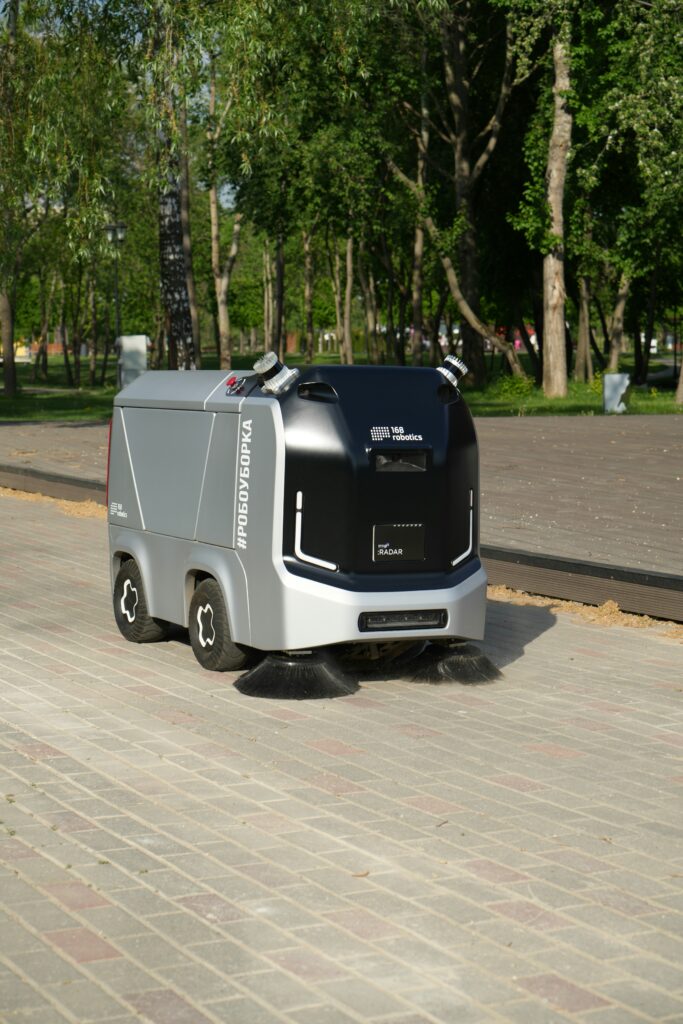Picture this: a world where your morning coffee is brewed by a robot, your daily commute is handled by a self-driving car, and your groceries are delivered by drones. No, this isn’t the plot of a sci-fi movie – it’s the reality of the rapidly evolving autonomous technology industry.
Autonomous technology, also known as automation or self-driving technology, has been making waves in various sectors, from transportation to manufacturing. One particularly intriguing development in this field is the rise of autonomous trucks. These driverless vehicles are not only revolutionizing the logistics industry but also raising questions about the future of employment and regulation.
According to a report by McKinsey, autonomous trucks could save the logistics industry up to $168 billion annually by 2030. This cost-saving potential has attracted major players like Tesla, Waymo, and Uber, who are all investing heavily in the development of autonomous trucking technology.
However, the implementation of autonomous trucks also brings with it concerns about job displacement. The Teamsters Union, which represents truck drivers in the United States, has expressed skepticism about the widespread adoption of autonomous trucks, fearing the loss of millions of jobs in the industry.
Despite these concerns, the autonomous trucking industry continues to grow, driven by advancements in artificial intelligence and sensor technology. As we hurtle towards a future where robots may replace humans in various roles, it’s essential to strike a balance between innovation and ensuring the well-being of workers in the evolving landscape of automation.



